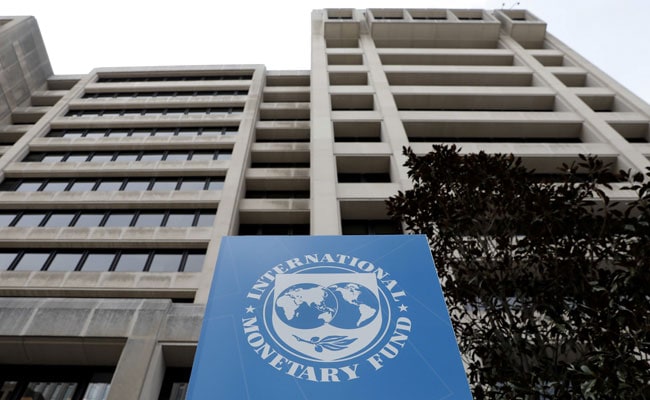
How Do Global Lenders IMF And World Bank See Cryptocurrency?
NDTV
Both the international lenders have raised concerns about the cryptocurrency industry's lack of complete transparency.
While the cryptocurrency boom has opened possibilities for businesses and trade, many people are wary about its future. Most countries and their central banks are worried about the disruption, allowing cryptocurrency as legal tender would cause to their economies. Still, the crypto market is growing rapidly as people enter it in large numbers primarily to book profits while the bull run lasts. The International Monetary Fund (IMF) and the World Bank, too, have often raised questions about the viability of this opaque market.
In its latest Global Financial Stability Report, the IMF has called for tougher regulations to prevent the rapid growth in cryptocurrencies, which it said can lead to financial instability, defrauding of consumers and funding of terrorism. The report highlighted the hacking risks the crypto trade poses because of its digital nature. “So far, these incidents have not had a significant impact on financial stability. However, as crypto assets become more mainstream, their importance in terms of potential implications for the wider economy is set to increase,” the authors of the report have said in a blog.
They also pointed out the inadequate disclosure and oversight over the industry, saying some currencies were likely created for the sole purpose of speculation or fraud. The authors said the anonymity of crypto assets creates data gaps for regulators and can contribute to even money laundering.
The World Bank, meanwhile, has made clear its preference for central bank digital currencies (CBDCs) instead of privately held cryptocurrencies. It has said that CBDCs can facilitate cross-border transactions and vastly improve the international payments systems. When El Salvador granted Bitcoin the status of legal tender, the international lender rejected its request for assistance with the rollout because of “environmental and transparency shortcomings''.
